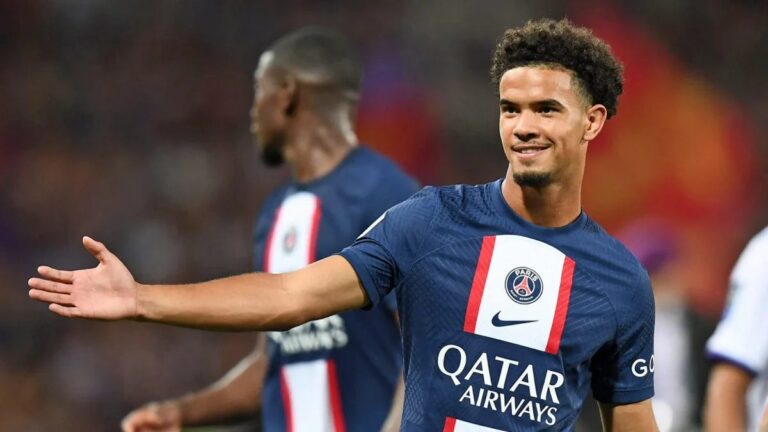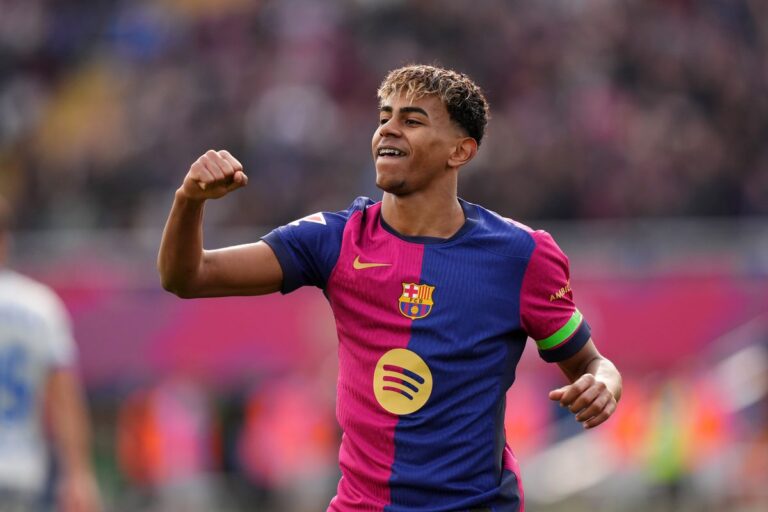
Man United's reject Elanga brutally exposes his former club's transfer incompetence.
NOTTINGHAM, England — Anthony Elanga barely celebrated after carving through United’s defense for a stunning solo goal, but that smirk said it all. Of course he enjoyed this.
Why wouldn’t he? United tossed him aside like deadwood, only for him to become the heartbeat of Nuno Espírito Santo’s resurgent Forest. Now, while United stumble through another crisis, Elanga’s charging toward Champions League football—a brutal reminder of how badly his old club botched yet another talent.
Nottingham Forest’s 1-0 victory over Manchester United, powered by their blistering Swedish winger Anthony Elanga, catapulted them into the Premier League’s top four. Meanwhile, United’s 13th league loss this season leaves them staring at their worst finish in 34 years—potentially languishing in the bottom half for the first time since 1990.
Elanga, whose sale now looks like another United misstep, delivered the decisive blow before offering a polite but pointed post-match verdict: “My focus is growth—that’s why I came here,” he told TNT Sports after securing Forest’s first league double over United in three decades. “I’m grateful for my time at United… but now I’m thriving.”
Elanga’s success since leaving Old Trafford exposes the monumental task facing Ruben Amorim at Manchester United. The real challenge isn’t simply identifying talent – it’s finding players who can actually flourish in United’s toxic environment and broken system.
“At Manchester United, time is a luxury you don’t get,” Amorim admitted when pressed about Elanga’s Forest resurgence. “I won’t get it either. Results must be instant. These aren’t failed signings—they’re players who cracked under the crushing weight of this club.”
Few United fans protested when Elanga was sold for £15m in 2023. A homegrown product since age 12, his exit even seemed like smart business.
Yet freed from Old Trafford’s toxic pressure cooker, he’s become everything United lack: decisive, explosive, and clinical. His solo strike against them—a 85-meter bulldozing sprint past Garnacho before a composed finish—was his 6th league goal this term.
“I hunt space and trust my speed,” said Elanga, now among the league’s quickest. “The finishing? That’s new—I’ve drilled it relentlessly.”
A jarring reminder of United’s decay: Garnacho, his replacement, was dreadful in the same match, while Elanga’s transformation mirrors Rashford’s Villa revival (two goals last weekend, Champions League-bound) and Antony’s Betis resurgence. The pattern is undeniable—United don’t develop players; they break them.
“We’re seeing countless ex-United players thriving elsewhere after failing here,” Amorim conceded. “They had their chances, but development requires time and a stable foundation—two things this club refuses to provide. At United, the suffocating pressure crushes young talent before they can grow.”
The sales of Elanga, Rashford, and Antony aren’t outright blunders, but they expose a systemic failure Amorim must urgently address. Recruitment here isn’t just about talent—it’s about finding players who can survive the club’s dysfunction.
The numbers are damning: Since Ferguson’s 2013 exit, only Bruno Fernandes has unequivocally succeeded. Against Forest, his rare off-night laid bare United’s creative bankruptcy. Despite 70% possession and 23 shots, they mustered just two real chances: Dalot’s header off the bar and Maguire’s last-ditch effort cleared off the line. Forest keeper Matz Sels barely broke a sweat for his 13th clean sheet.
The Warning for Amorim: New signings won’t fix this. Not until United rebuild their rotten infrastructure—the same one that turned Elanga into a “sellable asset” and Rashford into a loanee revival project.
“We controlled the game but lacked cutting edge,” admitted Amorim after United’s toothless display. “Endless possession means nothing without precision in the box – and right now, we’re hemorrhaging goalscoring threats.”
The grim reality? United only looked dangerous when Maguire – a center-back – was deployed as a makeshift striker. This desperation move laid bare their attacking crisis, underscoring Amorim’s urgent summer priority: find proven finishers or face another stagnant season.
Yet Elanga’s Forest resurgence serves as a brutal reminder: United’s recruitment failures run deeper than spending. Identifying talent is one thing; cultivating it in this broken system is another. As their castoffs flourish elsewhere, the Glazers’ decaying football operation keeps recycling the same mistakes.


